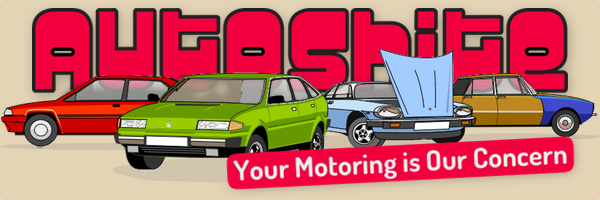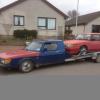No Replacement for Displacement
-
Similar Content
-
Clumpy the Clio and it’s replacement.
By bigstraight6,
- 7 replies
- 708 views
-
Xantia replacement live collection 1 2
By Saabnut,
- 37 replies
- 3,227 views
-
Pleasure Wagon - Finding its replacement. 1 2 3
By KruJoe,
- 68 replies
- 5,861 views
-
BINI has been replaced, with a Japanese Geordie!!
By bezzabsa,
- 11 replies
- 809 views
-
- 87 replies
- 5,363 views
-







Recommended Posts
Create an account or sign in to comment
You need to be a member in order to leave a comment
Create an account
Sign up for a new account in our community. It's easy!
Register a new accountSign in
Already have an account? Sign in here.
Sign In Now